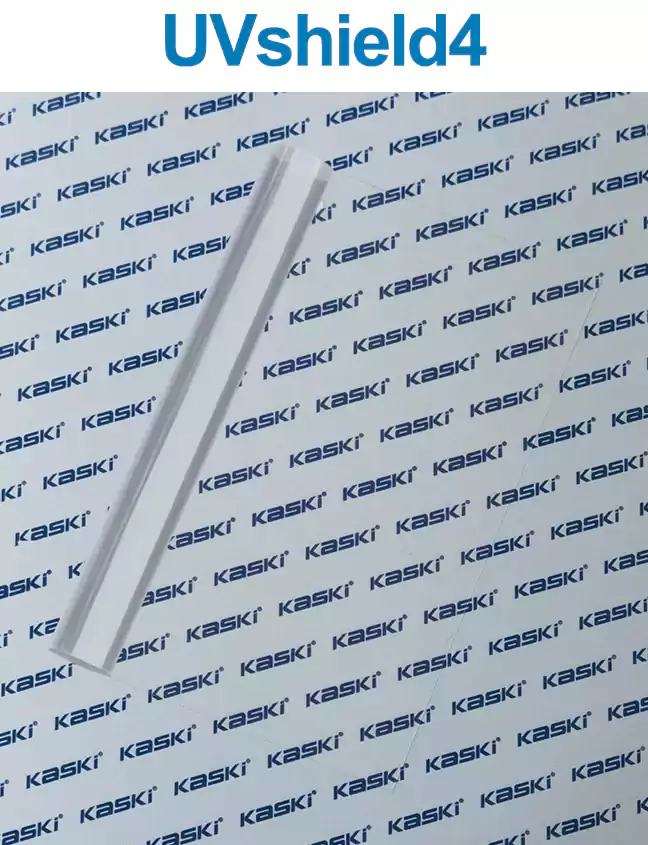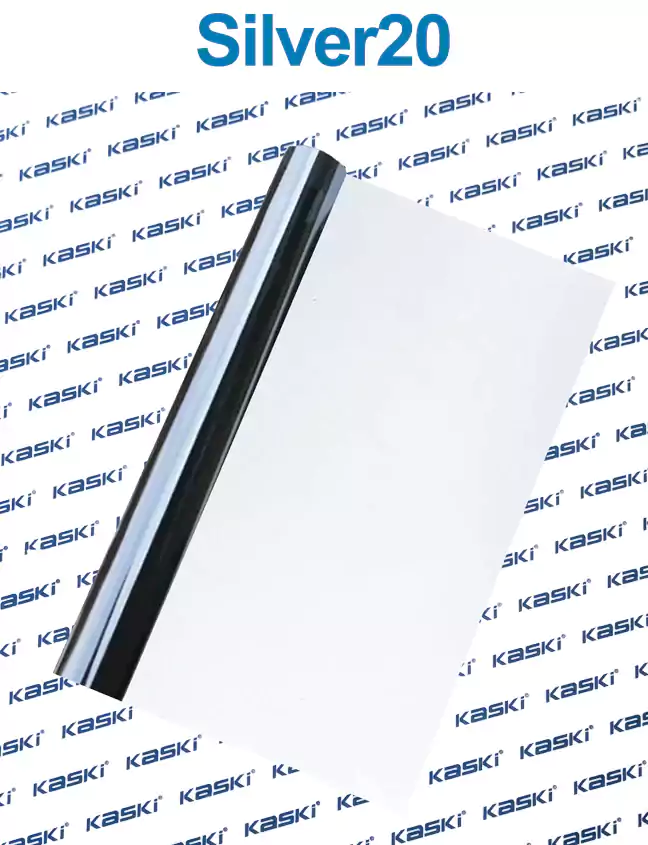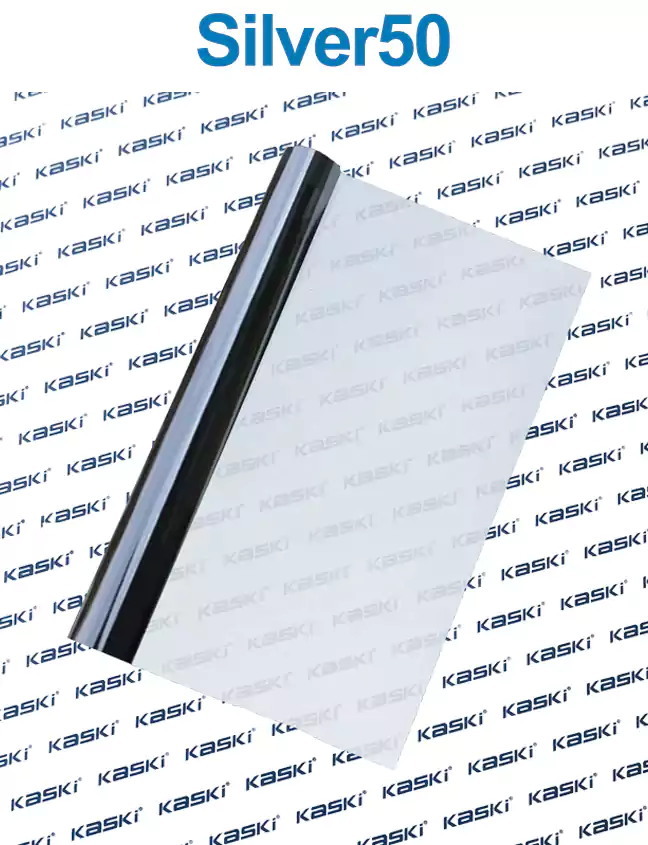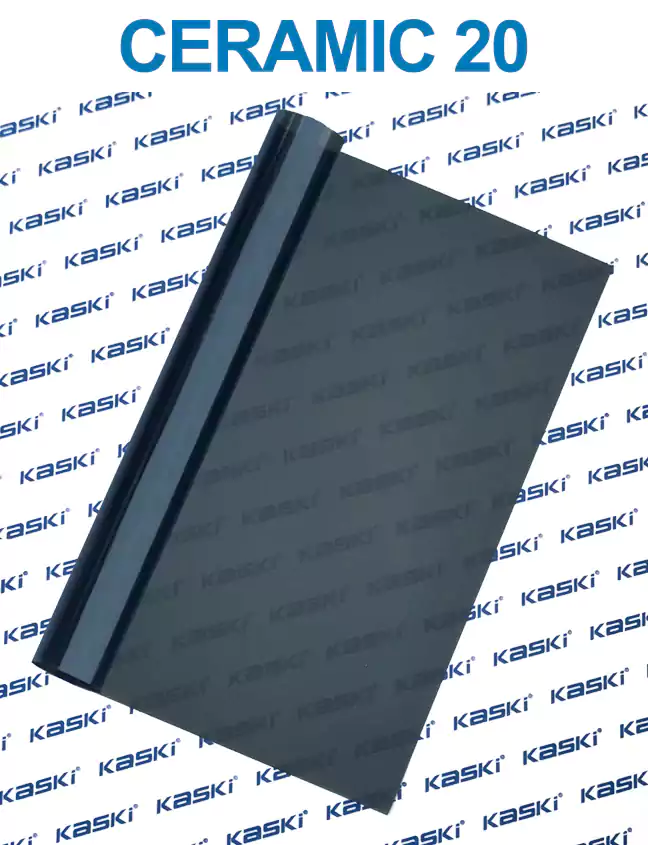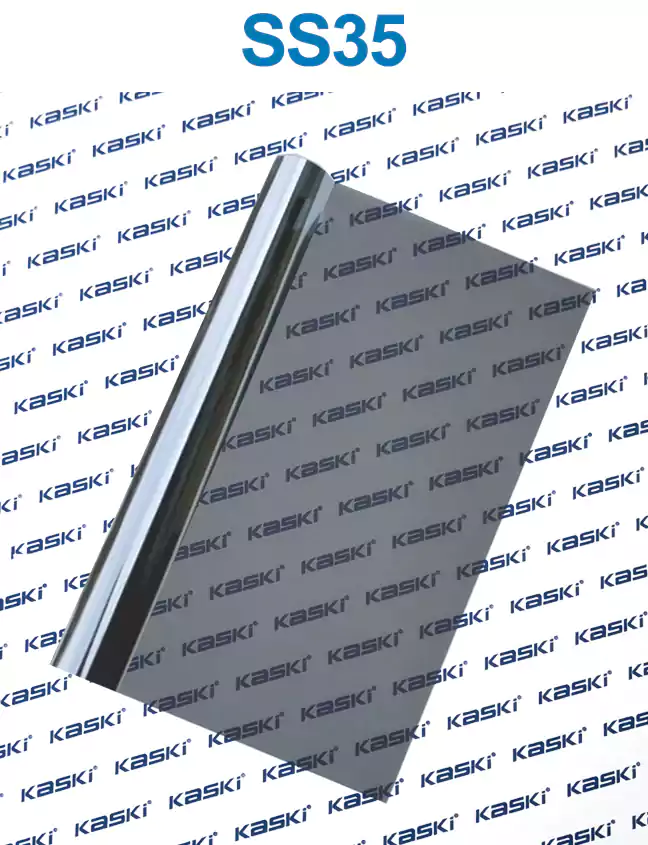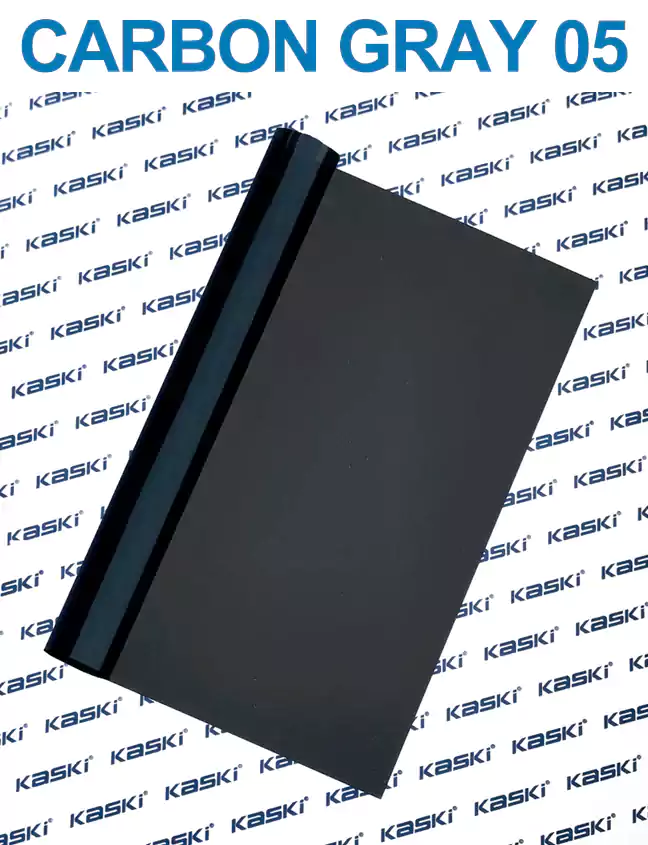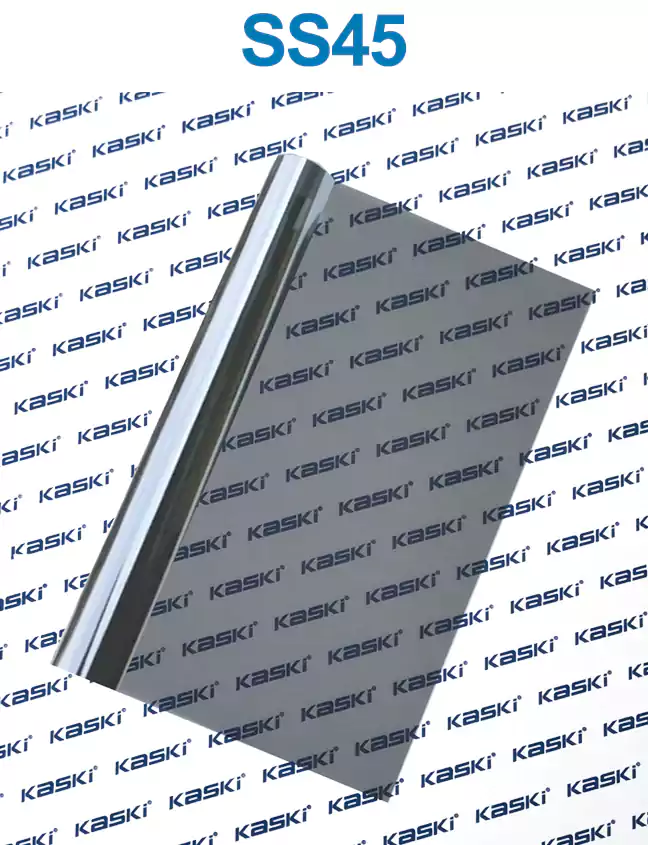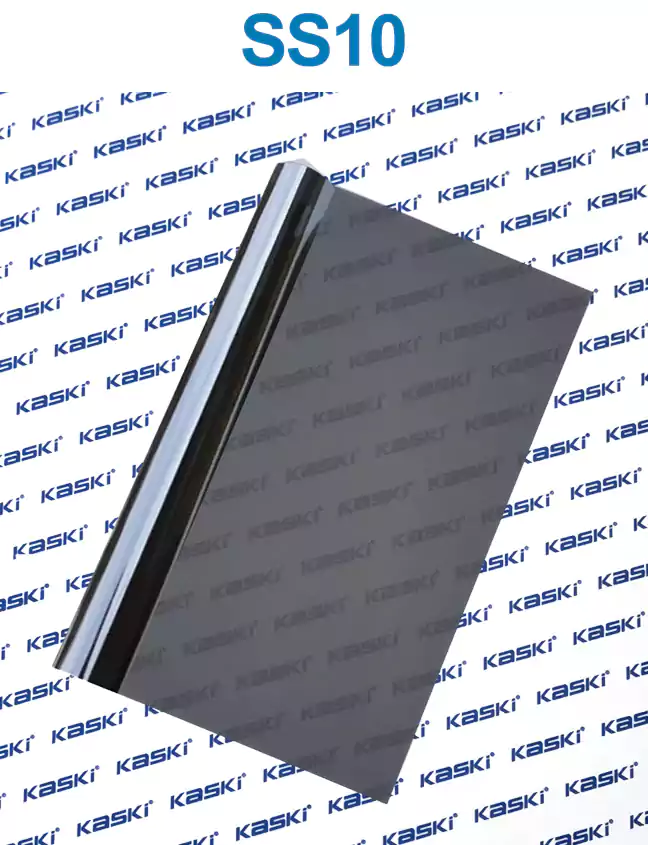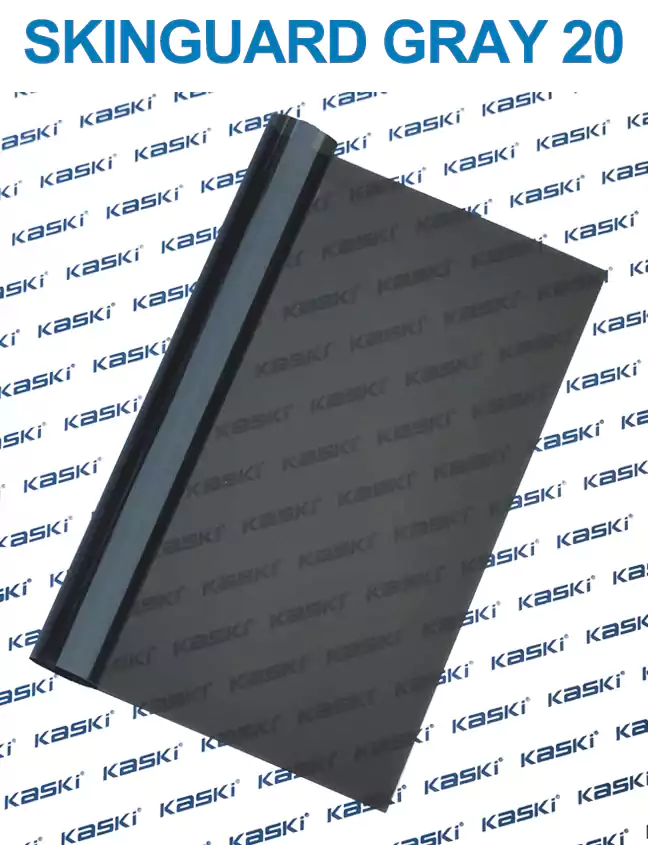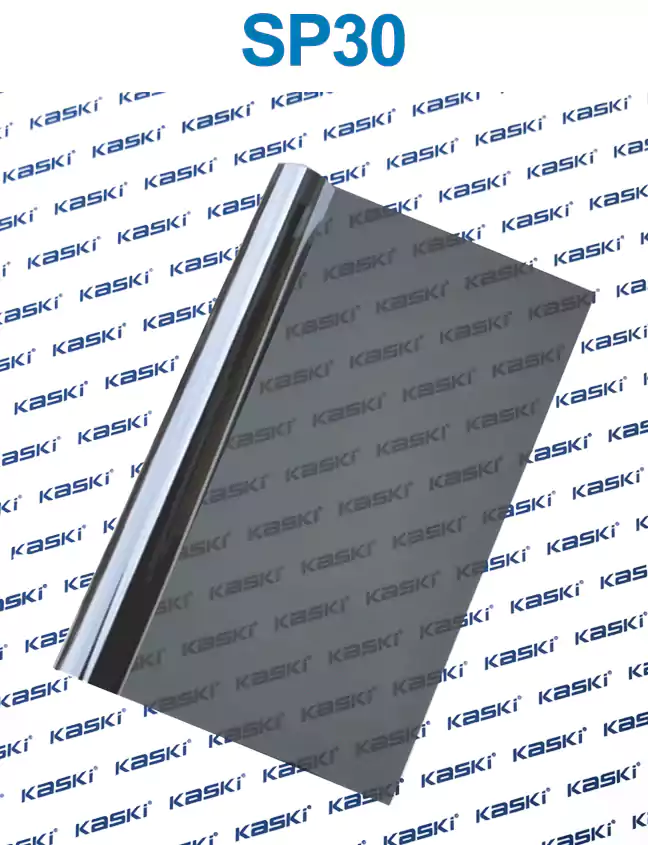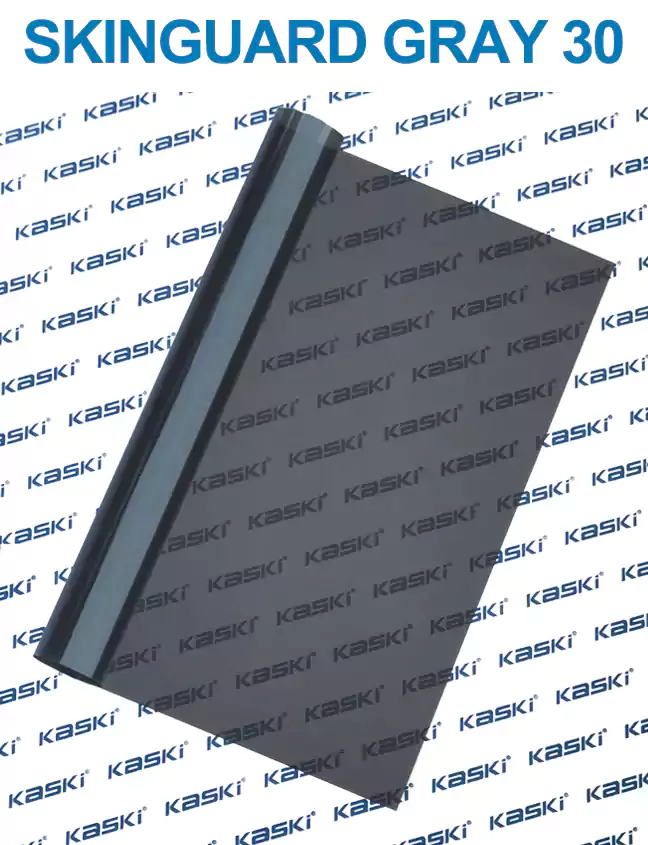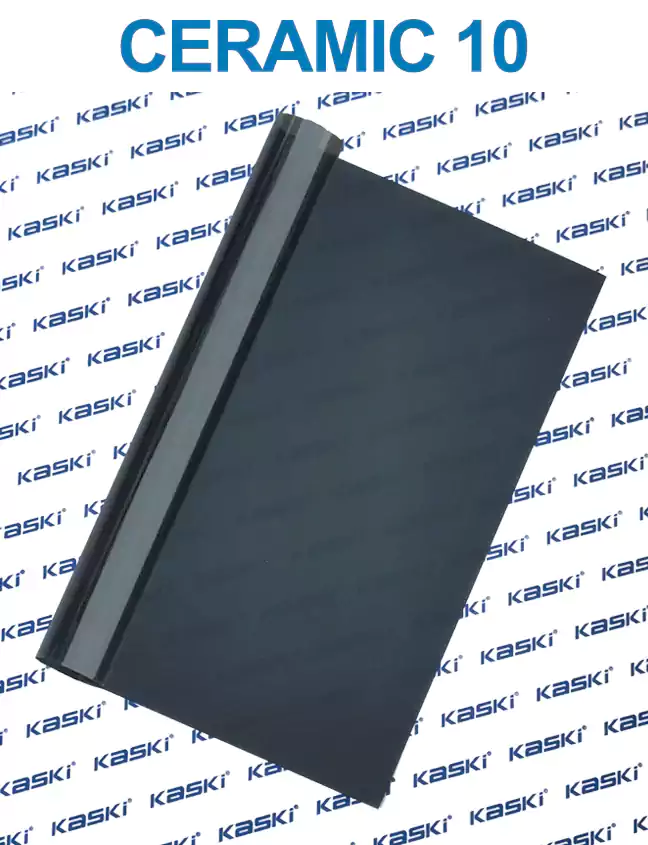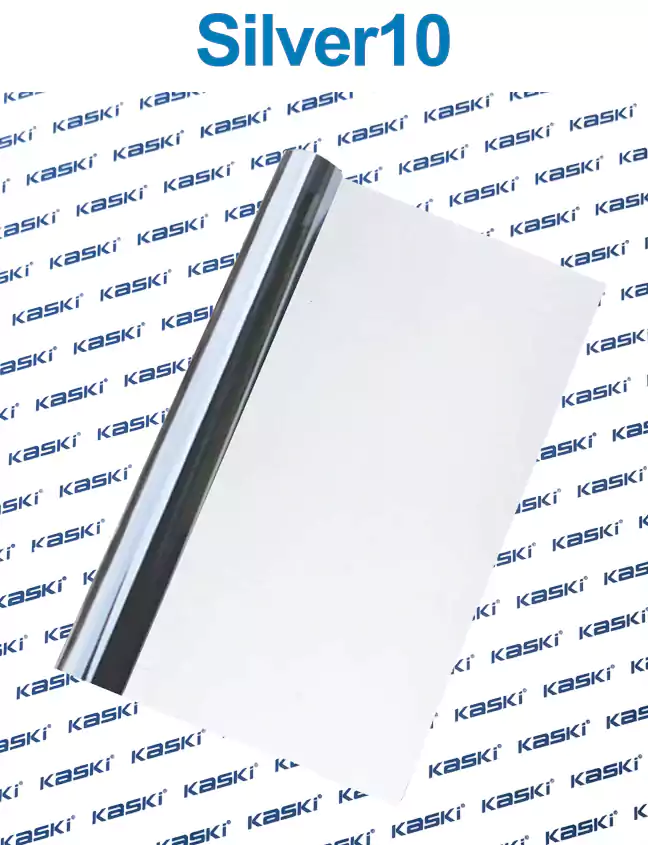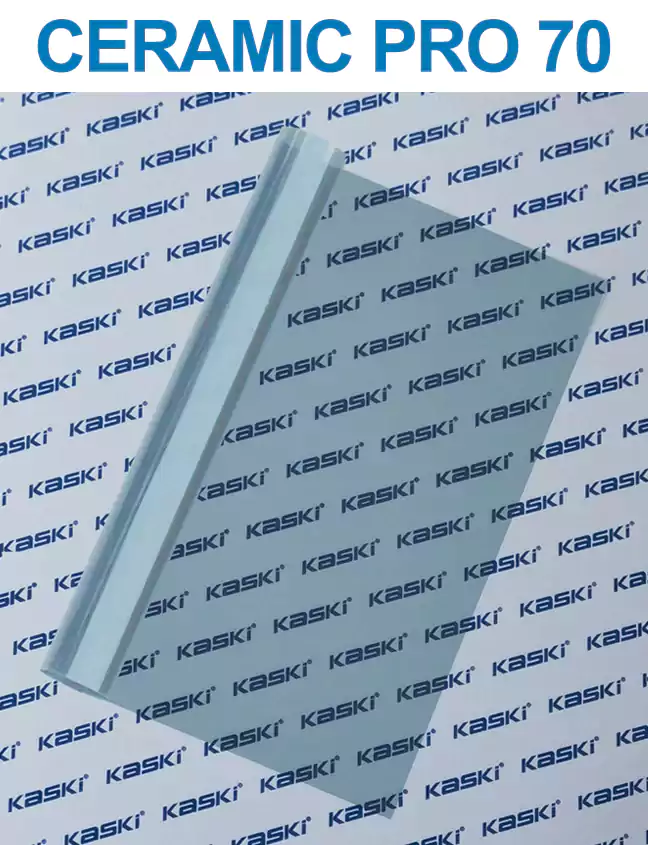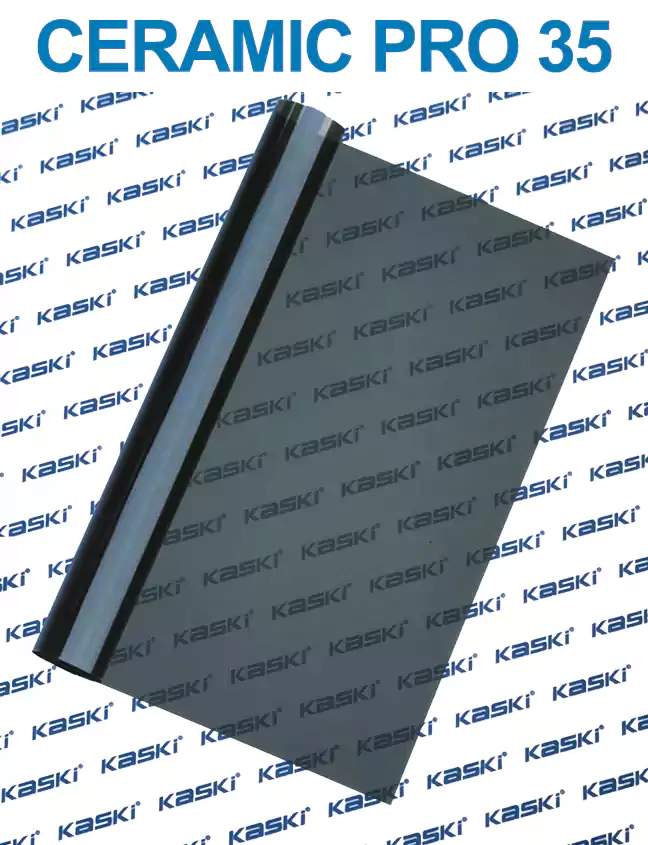In today's world, where privacy and personal space are increasingly valuable commodities, the need for effective window treatments has never been more apparent. One such solution that has gained significant traction is the Privacy control window film. This innovative technology allows you to seamlessly manage the level of privacy, light, and heat in your living or work environment, creating a tailored and comfortable atmosphere.
The privacy control window film is a versatile and multifunctional product that combines the benefits of mirror reflective film, privacy film, glare reduction, UV rejection, and heat rejection. By strategically applying these features, you can transform your windows into a customized barrier that adapts to your specific needs, whether it's enhancing privacy, reducing energy costs, or creating a more aesthetically pleasing space.
One Detailed Project: The Acme Corporation Headquarters
The Acme Corporation, a leading technology company, recently undertook a comprehensive renovation of their headquarters, with a particular focus on enhancing the privacy and comfort of their workspace. The project, led by the facilities management team, sought to address the growing concerns of their employees regarding the lack of privacy and the impact of glare and heat on their productivity.
After careful consideration, the team decided to implement a privacy control window film solution throughout the building. The project involved the installation of a high-quality mirror reflective film, which not only provided the desired level of privacy but also offered significant benefits in terms of glare reduction, UV rejection, and heat rejection.
The installation process was meticulously planned and executed by a team of experienced professionals, ensuring minimal disruption to the daily operations of the Acme Corporation. The project was completed within the designated timeline, and the results were immediately evident.
Testimonials:
"The privacy control window solution has been a game-changer for our workspace. The ability to control the level of privacy and light has significantly improved the overall work environment, allowing our employees to focus better and feel more comfortable throughout the day. The reduction in glare and heat has also contributed to a more energy-efficient and cost-effective operation." - John Doe, Facilities Manager, Acme Corporation
"As an employee, I can't overstate the positive impact the privacy control window has had on my daily experience. I no longer feel like I'm working in a fishbowl, and the improved lighting and temperature regulation have made a noticeable difference in my productivity and overall well-being. It's a simple yet highly effective solution that has truly transformed our workspace." - Jane Smith, Senior Analyst, Acme Corporation
The Benefits of Privacy Control Windows
1. Enhanced Privacy: The mirror reflective film used in privacy control windows creates a one-way mirror effect, allowing you to see out while preventing others from looking in. This feature is particularly valuable in offices, conference rooms, and other areas where confidentiality and personal space are essential.
2. Glare Reduction: The specialized coatings on the privacy control windows effectively reduce glare, creating a more comfortable and productive work environment. This is especially beneficial for computer-based tasks, where glare can cause eye strain and fatigue.
3. UV Rejection: The window film used in privacy control windows blocks a significant portion of harmful UV rays, protecting your furnishings, flooring, and artwork from fading and discoloration. This feature helps preserve the longevity and appearance of your interior spaces.
4. Heat Rejection: The heat-rejecting properties of privacy control windows can significantly reduce the amount of solar heat entering your building. This, in turn, can lead to lower energy costs and a more comfortable indoor climate, reducing the strain on your HVAC system.
5. Customizable Design: Privacy control windows can be tailored to your specific needs and preferences, with a range of film options, tint levels, and installation methods available. This allows you to create a cohesive and visually appealing aesthetic that complements your existing décor.
Implementing Privacy Control Windows: The Process
The process of implementing privacy control windows typically involves the following steps:
1. Consultation and Assessment: The first step is to schedule a consultation with a professional window film installer. During this meeting, they will assess your specific needs, measure the windows, and provide recommendations on the most suitable film options.
2. Product Selection: Based on the assessment, the installer will guide you through the available privacy control window film options, taking into account factors such as desired privacy level, glare reduction, UV protection, and heat rejection.
3. Installation: Once the film has been selected, the installation process can begin. This typically involves thoroughly cleaning the windows, applying the film, and ensuring a seamless and bubble-free finish.
4. Maintenance and Aftercare: To maintain the optimal performance of your privacy control windows, it's important to follow the recommended cleaning and maintenance guidelines provided by the installer. This will help ensure the longevity and continued effectiveness of the solution.
Conclusion
The privacy control window is a versatile and innovative solution that can transform your living or work environment, enhancing privacy, comfort, and energy efficiency. By leveraging the benefits of mirror reflective film, privacy film, glare reduction, UV rejection, and heat rejection, you can create a customized and tailored space that caters to your specific needs.
The Acme Corporation's successful implementation of privacy control windows showcases the tangible benefits of this technology, from improved employee productivity to reduced energy costs. With a wide range of customization options and a straightforward installation process, privacy control windows are an investment worth considering for any individual or organization seeking to optimize their indoor spaces.

